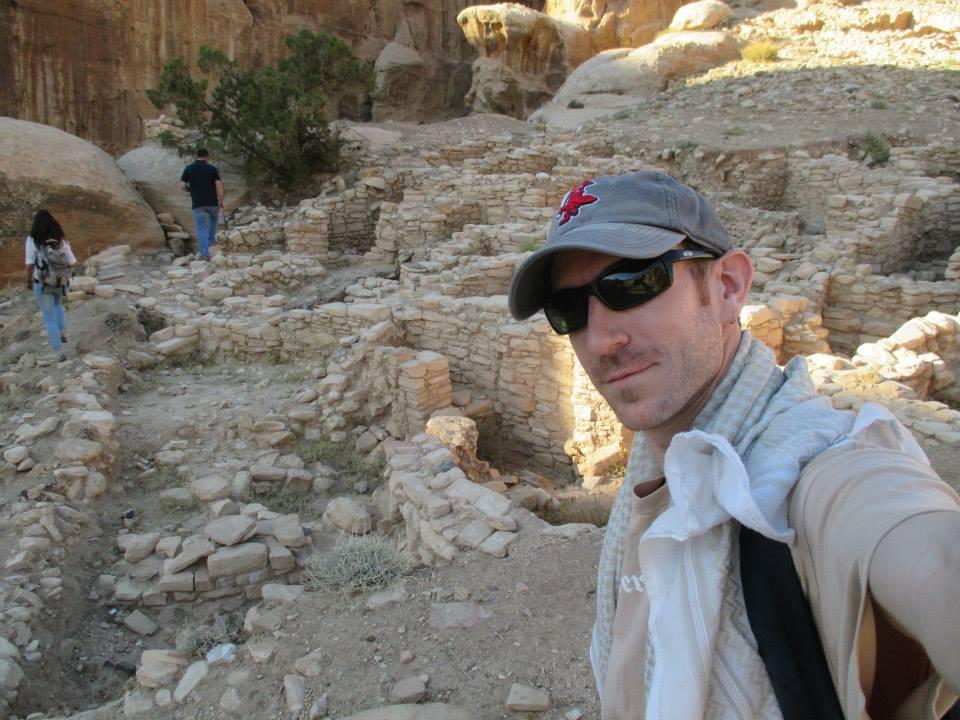Christian Cloke

Christian Cloke
Christian Cloke specializes in the archaeology of the ancient Mediterranean world, and employs a range of digital methods to do so. In his archaeological fieldwork (conducted in Italy, Jordan, Armenia, Albania, and Greece), he works with custom-built relational databases (taken into the field on iPads to foster paperless data collection), Geographical Information Systems (GIS), and a wide array of modeling and imaging techniques (photogrammetry, laser scanning, and reflectance transformation imaging, to name several). In all of his fieldwork (and through his larger research project on the Nemea Valley, Greece) he explores rural parts of the Mediterranean world, with the goal of illuminating the lives of people underrepresented in ancient historical texts.
Dr. Cloke holds a B.A. in Classics and Old World Archaeology and Art from Brown University, an M.Phil. in Archaeology (Museums and Cultural Heritage Management) from the University of Cambridge, and an M.A. and Ph.D. in Classics (Classical Archaeology) from the University of Cincinnati. He spent several years in Greece as a member of the American School of Classical Studies at Athens, and was a post-doctoral fellow at the Smithsonian American Art Museum and National Museum of American History, where he worked with the National Numismatic Collection. At the Smithsonian he researched ancient Greek and Roman portrayals of "others" (captives, personified provinces, and "barbarians"), demonstrating how the visual language of these types played a significant role in shaping modern American depictions of American Indians and abolitionist emblems of enslaved people. In addition to numismatics, he works often with Greek and Roman pottery, and, on a larger scale, studies ancient waterworks and agricultural systems.
In the Collaboratory he strives to develop digital projects with departmental and extra-departmental faculty, and to provide opportunities for undergraduate and graduate students to master and innovate dynamic approaches to studying and presenting material culture.
